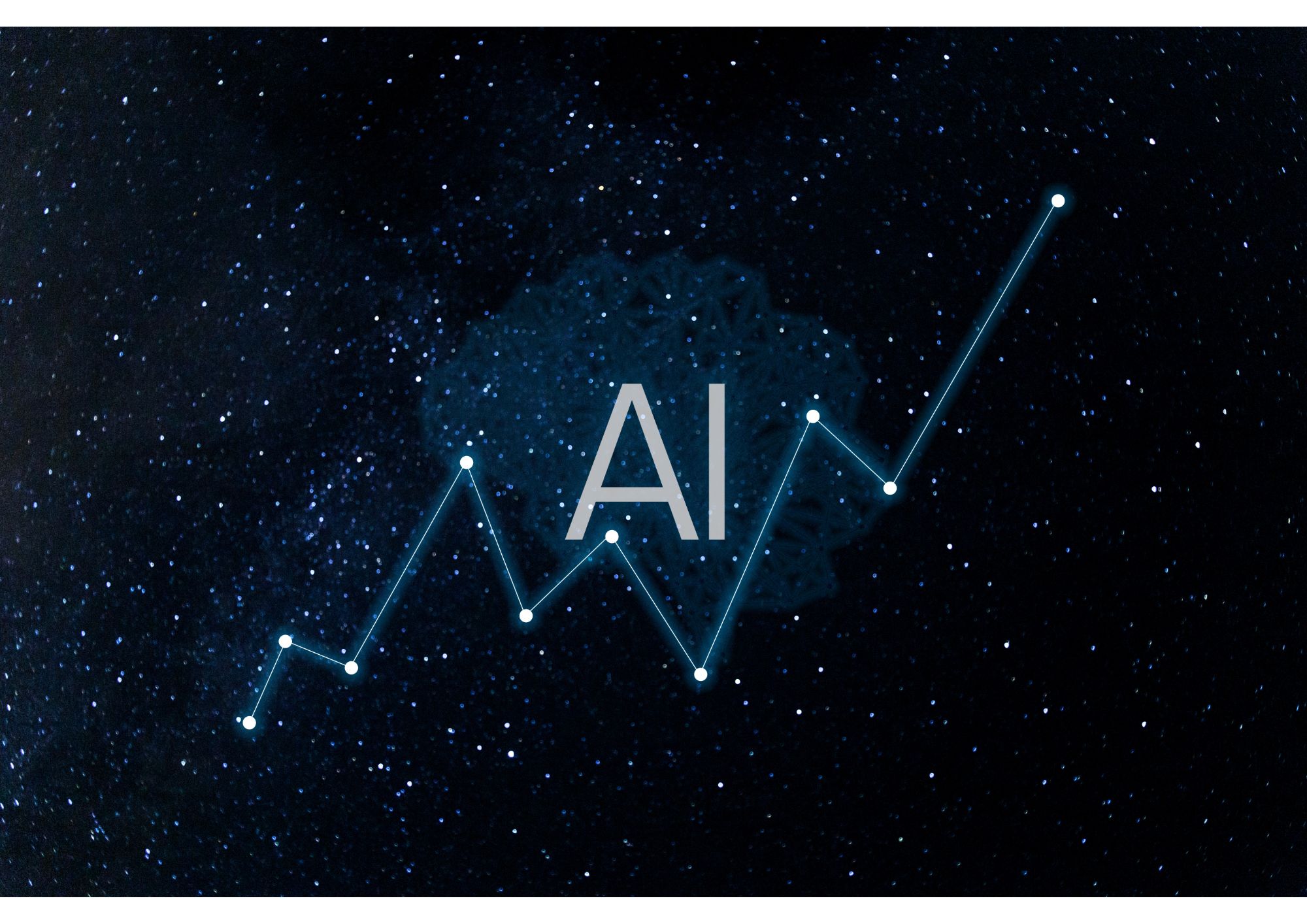An associate degree in Data analytics and artificial intelligence is a two-year undergraduate degree program that focuses on teaching students the fundamental concepts and practical skills related to data analysis, machine learning, and artificial intelligence (AI). This program provides students with a comprehensive understanding of the tools and techniques used to analyze and interpret complex data sets, as well as the algorithms and models used to build intelligent systems.
Coursework in an associate degree in Data analytics and AI typically covers topics such as statistics, data visualization, data management, programming languages like Python and R, machine learning, natural
language processing, and computer vision. Students may also have the opportunity to work on realworld projects and gain hands-on experience with popular data analysis and AI tools and software.
Graduates of an associate degree program in analytics and AI can pursue a variety of entry-level roles in the technology and business industries, such as data analyst, business analyst, data scientist, or AI engineer. Alternatively, students can transfer their credits to a four-year university to continue their education and earn a bachelor's degree in a related field.
Upon completion of the course, students will Students will have a comprehensive understanding of the fundamental concepts, principles, and techniques in data analytics and artificial intelligence. They will
be proficient in using tools and technologies for data integration, cleaning, and transformation. They will be able to apply supervised and unsupervised learning algorithms for classification, regression, clustering, and dimensionality reduction tasks. They will be able to design and implement neural networks for tasks such as image analysis, natural language processing, and sequential data analysis.
They will understand the importance of ethical decision-making in data-driven projects and be familiar with privacy regulations and techniques for preserving data privacy and handling bias and fairness issues in machine learning algorithms.



